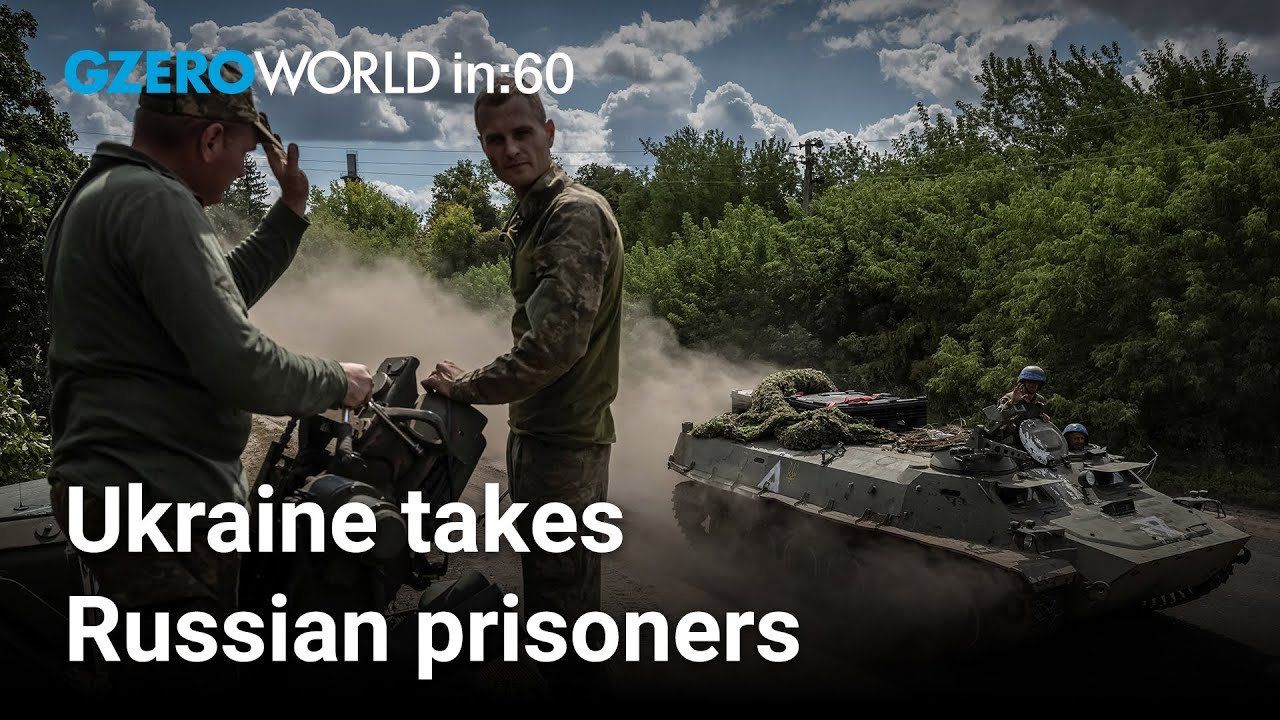August 15, 2024
Carl Bildt, former prime minister of Sweden and co-chair of the European Council on Foreign Relations, shares his perspective on European politics from the Adriatic Sea.
How might Ukraine's capture of Russian prisoners of war affect the narrative of the war?
I don't think it's going to have any immediate effect on the narrative of the war. The big shift in the narrative is, of course, that while the Russian Putin has been saying that Ukraine is about to lose this particular war week by week, day by day, village by village, that's been turned around and very much the outcome of the war is now more open, where Ukraine has demonstrated a substantial offensive capability as well. That's the change.
How do the lithium protests in Serbia reflect the wider tensions in the country?
Well, they certainly do. I mean, first it has to be said with large-scale mining project, there are always environmental concerns and there have been other mining projects in Serbia, Chinese with the Bor copper mine, where that has not been the case. So there are concerns. That being said, the protests are also fueled by the fact that there is substantial democracy and transparency deficit in Serbia. So under other circumstances, this would've been a more normal environmental concern protest. Now it's a much wider issue, reflecting tensions in Serbia's society.
From Your Site Articles
More For You
- YouTube
In this Quick Take, Ian Bremmer weighs in on the politicization of the Olympics after comments by Team USA freestyle skier Hunter Hess sparked backlash about patriotism and national representation.
Most Popular
Bad Bunny during the Super Bowl LX halftime show press conference at Moscone Center.
Kirby Lee-Imagn Images
100 million: The number of people expected to watch the Super Bowl halftime performance with Bad Bunny, the Puerto Rican superstar and newly minted Album of the Year winner at the Grammys.
Alysa Liu of Team USA during Women Single Skating Short Program team event at the Winter Olympic Games in Milano Cortina, Italy, on February 6, 2026.
Raniero Corbelletti/AFLO
Brazilian skiers, American ICE agents, Israeli bobsledders – this is just a smattering of the fascinating characters that will be present at this year’s Winter Olympics. Yet the focus will be a different country, one that isn’t formally competing: Russia.
What We’re Watching: Big week for elections, US and China make trade deals, Suicide bombing in Pakistan
Feb 06, 2026
Japanese Prime Minister Sanae Takaichi, president of the Liberal Democratic Party (LDP), appeals for a candidate during a street speech of the House of Representatives Election Campaign in Shintomi Town, Miyazaki Prefecture on February 6, 2026. The Lower House election will feature voting and counting on February 8th.
The Yomiuri Shimbun
Japanese voters head to the polls on Sunday in a snap election for the national legislature’s lower house, called just three months into Prime Minister Sanae Takaichi’s tenure.
© 2025 GZERO Media. All Rights Reserved | A Eurasia Group media company.
